Algeria
About Andrew Cusack
 Writer, web designer, etc.; born in New York; educated in Argentina, Scotland, and South Africa; now based in London.
Writer, web designer, etc.; born in New York; educated in Argentina, Scotland, and South Africa; now based in London. read more
News
Blogs
Reviews & Periodicals
Arts & Design
World
France
Mitteleuropa
Knickerbockers
Argentina
The Levant
Africa
Cape of Good Hope
Netherlands
Scandinavia
Québec
India
Muscovy
Germany
Academica
Articles of Note: 6 January 2024
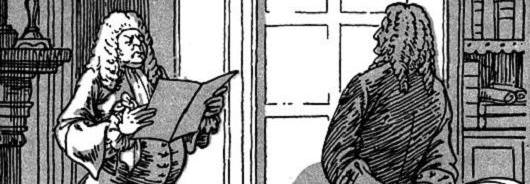
■ I had the great privilege of studying French Algeria under the knowledgeable and congenial Dr Stephen Tyre of St Andrews University and the country continues to exude an interest. The Algerian detective novelist Yasmina Khadra — nom de plume of the army officer Mohammed Moulessehoul — has attracted notice in Angledom since being translated from the Gallic into our vulgar tongue.
Recently the columnist Matthew Parris visited Algeria for leisurely purposes and reports on the experience.
■ While you’re at the Spectator, of course by now you should have already studied my lament for the excessive strength of widely available beers — provoked by the news that Sam Smith’s Brewery have increased the alcohol level of their trusty and reliable Alpine Lager.
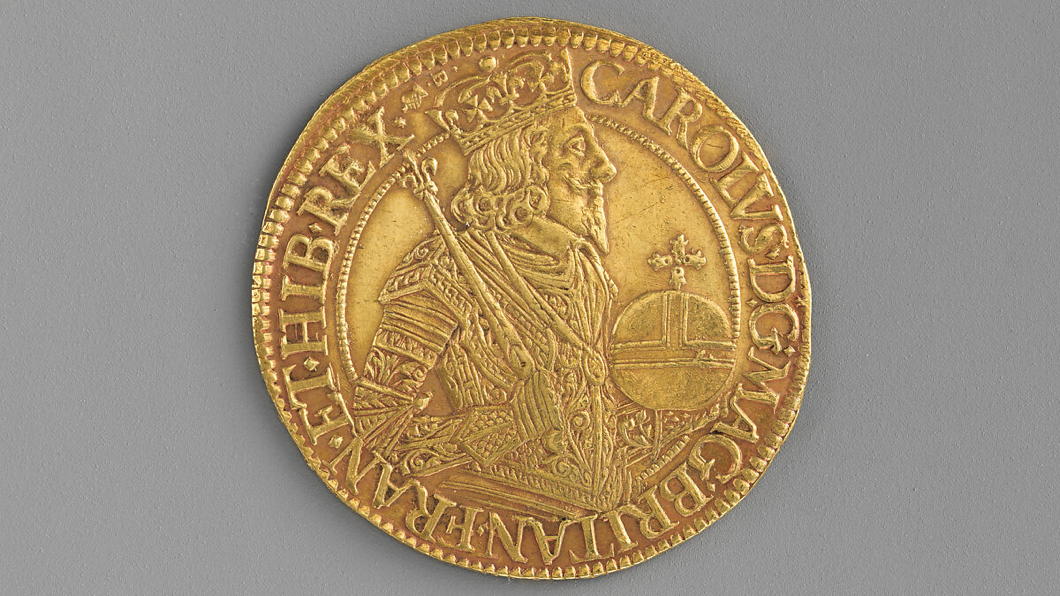
■ This week Elijah Granet of the Legal Style Blog shared this numismatic gem. It makes one realise quite how dull our coin designs are these days. I don’t see why we shouldn’t have an updated version of this for our currently reigning Charles.
■ Meanwhile Chris Akers of Investors Chronicle and the Financial Times has gone on retreat to Scotland’s ancient abbey of Pluscarden and written up the experience for the FT. As he settled into the monastic rhythm, Chris found he was unwinding more than he ever has on any tropical beach.
Pluscarden is Britain’s only monastic community now in its original abbey, the building having been preserved — albeit greatly damaged until it was restarted in 1948. The older Buckfast is also on its original site but was entirely razed by 1800 or so and rebuilt from the 1900s onwards. (Pluscarden also has an excellent monastic shop.)
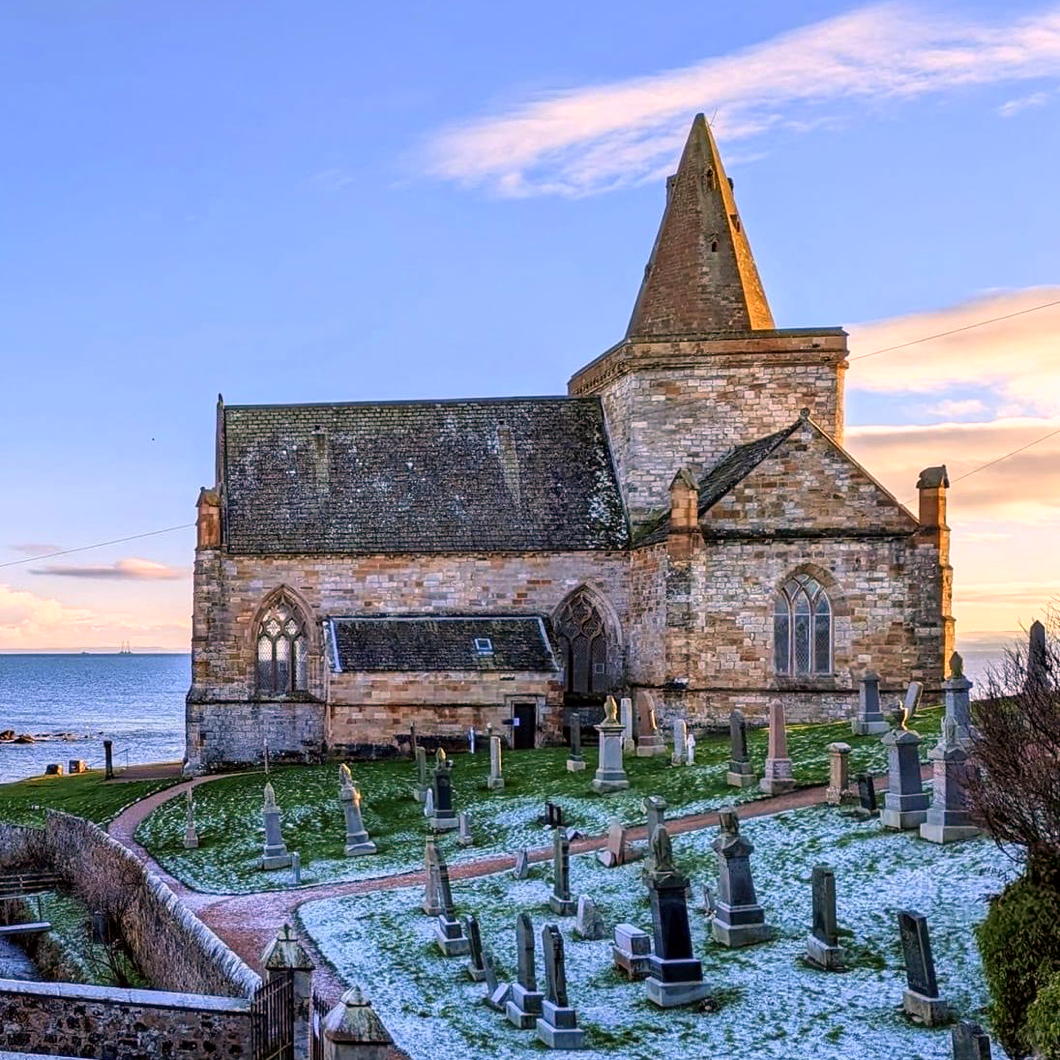
■ An entirely different and more disappointing form of retreat in Scottish religion is the (Presbyterian) state kirk’s decision to withdraw from tons of their smaller churches. St Monans is one of the mediæval gems of Fife, overlooking the harbour of the eponymous saint’s village since the fourteenth century, and built on the site of an earlier place of worship.
Cllr Sean Dillon pointed out the East Neuk is to lose six churches — some of which have been in the Kirk’s hands since they were confiscated at the Reformation, including St Monans.
John Lloyd, also of the FT, reported on this last summer and spoke to my old church history tutor, the Rev Dr Ian C. Bradley. More on the closures in the Courier and Fife Today.
What a dream it would be for a charitable trust to buy St Monans and to restore it to its appearance circa 1500 or so, available as a place of worship and as a living demonstration of Scotland’s rich and polychromatic culture that was so tragically destroyed in the sixteenth century. You could open with a Carver Mass conducted by Sir James MacMillan.
■ And finally, on the last day of MMXXIII, the architect Conor Lynch reports in from Connemara with this scene of idyllic bliss:
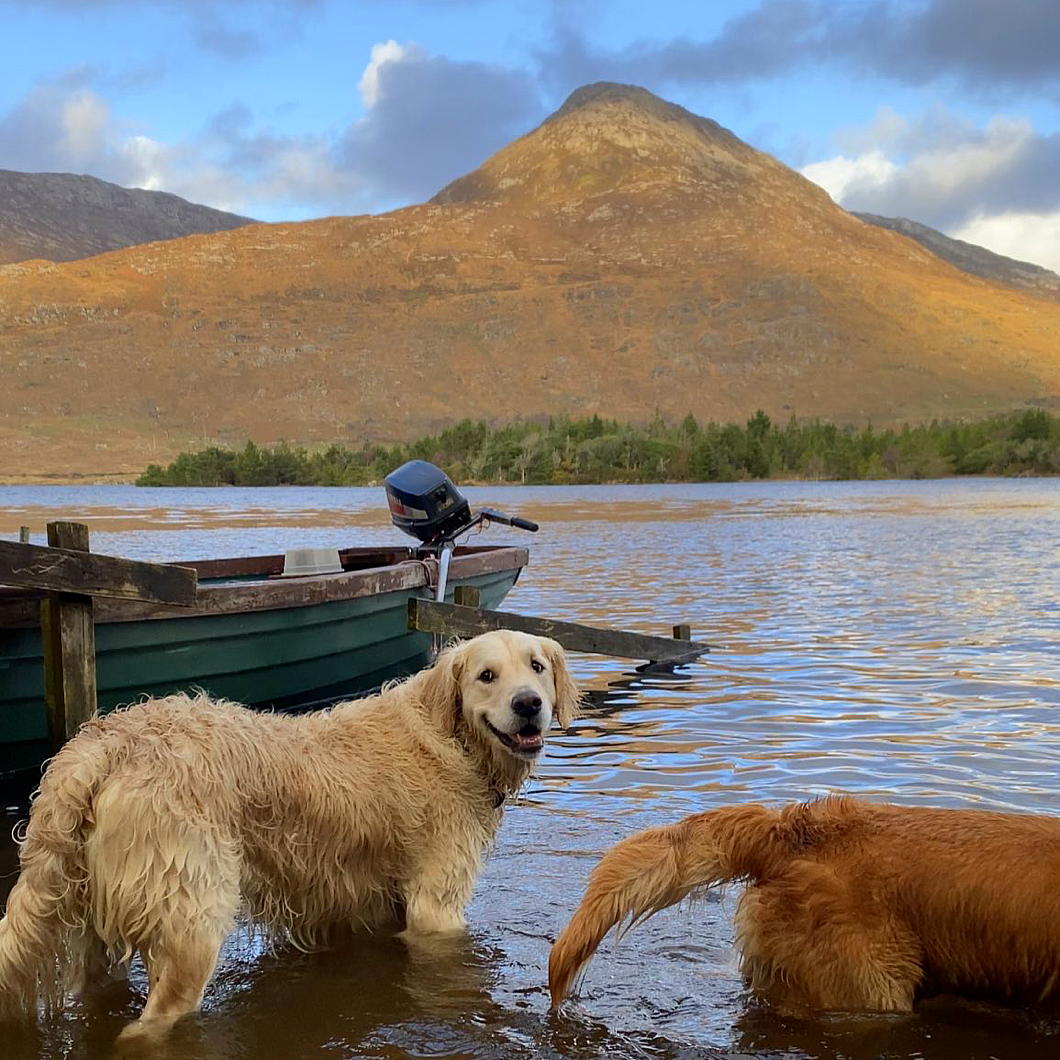
Articles of Note: 3.II.2022

“Lebanese money was worth more and there was more to eat when militias were fighting each other in the streets of Beirut 40 years ago than there is today.”
One of the great ironies of Lebanon’s current decline (Fernandez points out) is that, as destructive as the Civil War was, the country’s hopes were finally crushed by bankers and politicians rather than warlords.
— A bumper from The European Conservative: Tim Stanley says “Stay away from politics!” (I couldn’t agree less: we need brighter people involved!)
■ Idealists in Europe refusing to bow to reality have provided false hope to countries that have no real prospect of becoming members of NATO or the EU.
Damir Marusic muses on the Ukraine in How Not to Bend the Arc of History.
■ I ran into my friend João at a dinner party last night and he described the very existence of Brazil as “the greatest thing Portugal ever did”.
In 2018, Americas Quarterly claimed the now-deceased Olavo de Carvalho was the most important voice in Brazil’s then-incoming government (even though he didn’t live there).
More bizarrely fascinating is Nick Burns’s 2019 article on Bruno Tolentino, Carvalho, Ernesto Araújo, and the origins of the new Brazilian right.
Brazil’s foreign minister “penned an eyebrow-raising article for Bloomberg in which he blamed Ludwig Wittgenstein for Brazil’s debility on the world stage”.
If you’ve never lived in Latin America (I claim to have been at least partly educated there) you will never really understand quite how different it is.
■ When Algeria became independent, President Ben Bella had spent so long in French prisons that he had almost forgotten his Arabic.
One million French Algerians left within months, as American diplomats in Paris and Algiers at the time recall.
French Algerians “not only controlled the whole private sector, they had all the top government positions, and more importantly, they filled all the minor positions. The guy who read the gas meter in the utility company was a Frenchman. The women who worked the switchboard in the telephone company were all French. So the economy just came to a screeching halt.”
— Ex Africa semper aliquid novi: A new documentary (watchable online) explores Algeria under Vichy while another looks at Jacques Foccart, de Gaulle’s “Mister Africa”.
■ I am not much of a “Substack” aficionado, but I have recently given in and signed up to receive The Postliberal Order in my inbox. It’s penned by the quadrivirate of Vermeule, Deneen, Pappin, and Pecknold — all of whom have become household names in Cusackistan.
Patrick Deneen’s latest contribution on emerging postliberalism amidst the political persuasions of his students is worth a read.
Some Aspects of the Fall of the Fourth Republic
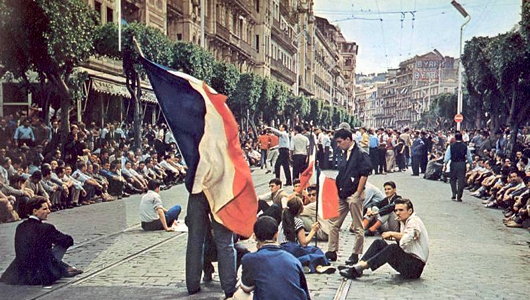
(Only interesting, I’m afraid, to those reasonably acquainted with the situation of France in May 1958)
• The French-Algerian instigators of the military rebellion led by Salan didn’t know what to make of him when he was first appointed to Algeria so they decided, just to be on the safe side, to assassinate him on his first day on the job. Salan survived the bazooka attack on his office but his ADC was killed. The general later became the only socialist freemason to lead a right-wing terror group (the OAS).
• Once the Algiers rebellion commenced and travel between Algeria and metropolitan France was cut, many supporting figures made their way across the Mediterranean by whatever means at hand. Soustelle managed to escape his police guards and get to Algiers via a secretly chartered Swiss plane, but the more romantically inclined Roger Frey — later Minister of the Interior — first tried to get to Algiers on the actor Errol Flynn’s yacht. It didn’t pan out, and instead he was forced to hire the boat of an English ex-naval officer turned smuggler.
• The man in charge of wiretapping French telephones was unsure which side would emerge on top so cautiously refrained from giving the government the full picture of the information his wiretaps revealed.
• When Corsica was seized by the rebels, Moch, the Interior Minister, decided to send in the elite of the police force, the CRS. He was afraid, however, that military transport planes would fly them directly to Algeria, so he was forced to commission Air France planes instead. Upon landing in Corsica, the entire CRS contingent was met by the rebel parachute regiment and immediately defected to the rebellion.
• So widespread was the reluctance to support the government against the military rebels that even the meteorologists send false warnings of storms in the Mediterranean in the hopes of keeping the French Navy from moving against the rebels in Algiers.
• The air force was particularly keen for de Gaulle to take power, and took to flying planes in a Cross of Lorraine formation, as well as sending troop transport planes to Algeria in case they would be needed to invade mainland France.
• Regional military commanders in France varied in their loyalty to the government and sympathy for the rebels. One commander is alleged to have told the regional prefect “M. le Préfet, I am not here to defend your préfecture, but to take it.” Other prefects warned the cabinet that any orders for the police to arrest those suspected of aiding the rebellion might result in the prefects instead being arrested themselves.
• The government had sometimes ordered firemen to unleash their water hoses against rioters in the past. As popular support for the cabinet faded away, the head of the fire brigade felt compelled to inform ministers that his men would not take part in any anti-riot measures but would merely put out any fires that erupted. “And,” he said, referring to the home of France’s National Assembly, “in the Palais Bourbon, they wouldn’t bother.”
• As Philip Williams reports in his article “How the Fourth Republic Died”:
At that night’s cabinet Pleven summed up: “We are the legal government, but what do we govern? The Minister for Algeria cannot enter Algeria. The Minister for the Sahara cannot go to the Sahara. The Minister of Information can only censor the press. The Minister of the Interior has no control over the police. The Minister of Defence is not obeyed by the army.” Said a left-wing Gaullist in the Assembly, “You are not abandoning power — it has abandoned you.”
Search
Instagram: @andcusack
Click here for my Instagram photos.Most Recent Posts
- Teutonic Takeover March 10, 2025
- Katalin Bánffy-Jelen, R.I.P. March 3, 2025
- Substack Cusackiensis March 3, 2025
- In the Courts of the Lord February 13, 2025
- American Exuberant February 10, 2025
Most Recent Comments
Book Wishlist
Monthly Archives
Categories


